As the season of sun comes upon us, many folks will be planning their summer vacations. To enjoy the freedom of adventure and flexibility, camping is the perfect family getaway. Whether one is using a folding camping trailer, a full-sized motor home or any of the many other models of recreational vehicles (RV), fun is the key motivator. However, as with anything, safety is a primary concern and needs to be investigated to ensure that fun is the memory of the summer.
First, check all power supply cords
When camping with an RV, be sure to pay attention to electrical safety basics. Most RVs have a 120-volt ac electrical system that allows the conveniences of home to be with you. TVs, radios, electrical frying pans, coffee pots and a host of other devices can be safely used within the RV. A power supply cord is required by the National Electrical Code to be of sufficient length to connect the RV to the power supply at the campground. Sometimes, the space between the RV and the power pedestal is greater than the power cord permits and an extension cord is needed to make the connection. Various considerations need to be evaluated when using an extension cord. Be sure the extension cord is of sufficient size to handle the load demanded by the RV. If the power cord of the RV is rated 30 amperes, the extension cord also needs to be rated for at least 30 amperes. Such extension cords are more expensive, but well worth their cost. Typical extension cords used in the home are not rated for exterior use and do not have wires of sufficient size to carry the load. This can lead to under powering appliances and devices, or, of greater concern, the wires may become overheated leading to a potential fire.
Second, use only cords with the third pin
Also, be sure the third pin on the extension cord has not been removed. The removal of the ground pin could allow the plug to be inserted improperly, leading to reversed polarity. If another fault is present in the system, such as a loose wire, the combination could be fatal as the entire exterior skin of the RV could be come energized. Touching the energized exterior of the skin could cause electrocution. A correctly wired RV, using the proper extension cord with an intact ground pin will provide safe and enjoyable usage.
Third, ensure all GFCIs are working properly
Another safety tip that can e-liminate potential issues is to check the ground-fault circuit-interruption (GFCI) protection devices that are installed in all RVs on receptacles that are close to sinks, lavatories, and shower/bathtubs. The GFCI device is designed to “trip” in the event a leakage out of the circuit is more that 5 milliamperes. If the leakage is greater than the 5 milliamperes, the device will turn itself off. A special receptacle or circuit breaker can be identified as a GFCI device by the presence of a test and reset button on the receptacle, or a test button on the circuit breaker. You should push the test button to be sure these devices are in working order. Once the device is off, no power should be at that receptacle or at any other receptacle that is downstream and on the same circuit. Push the test button, plug a hand-held device, such as a hair dryer, into the receptacle and turn it on. If the hair dryer does not work, reset the circuit breaker by flipping the handle back to the on position or pushing the reset button on the receptacle. If the hair dryer works again, the GFCI is working.
The proper use of extension cords and ensuring the GFCI devices in the RV are working correctly can ensure the safe fun time you are expecting on your vacation. The easy steps outlined herein will preserve your fun vacation and leave you with fond memories.


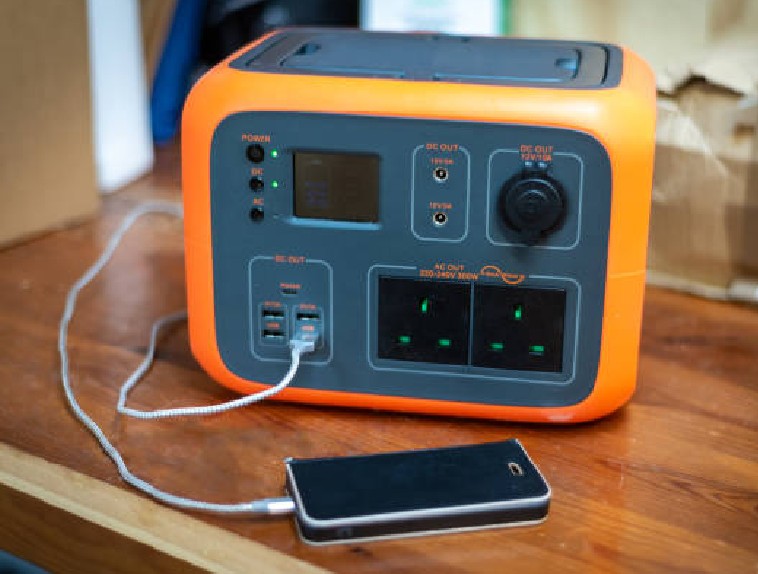
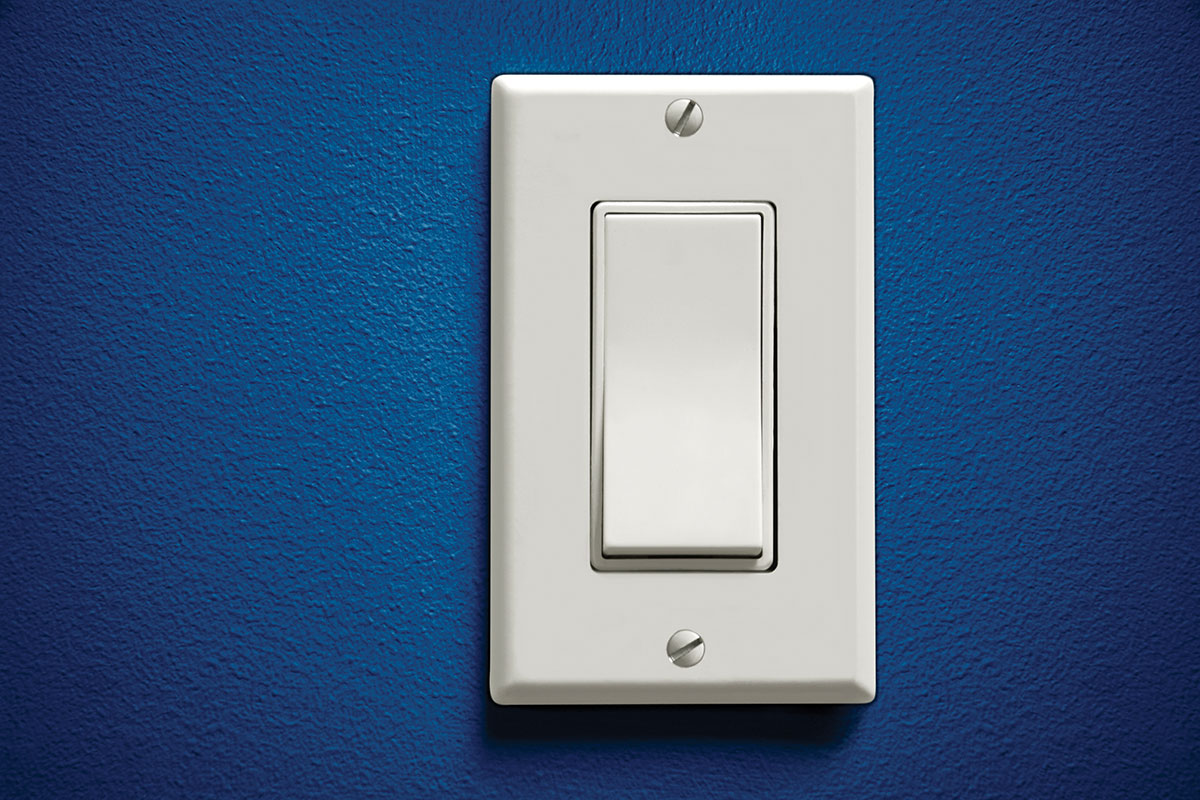
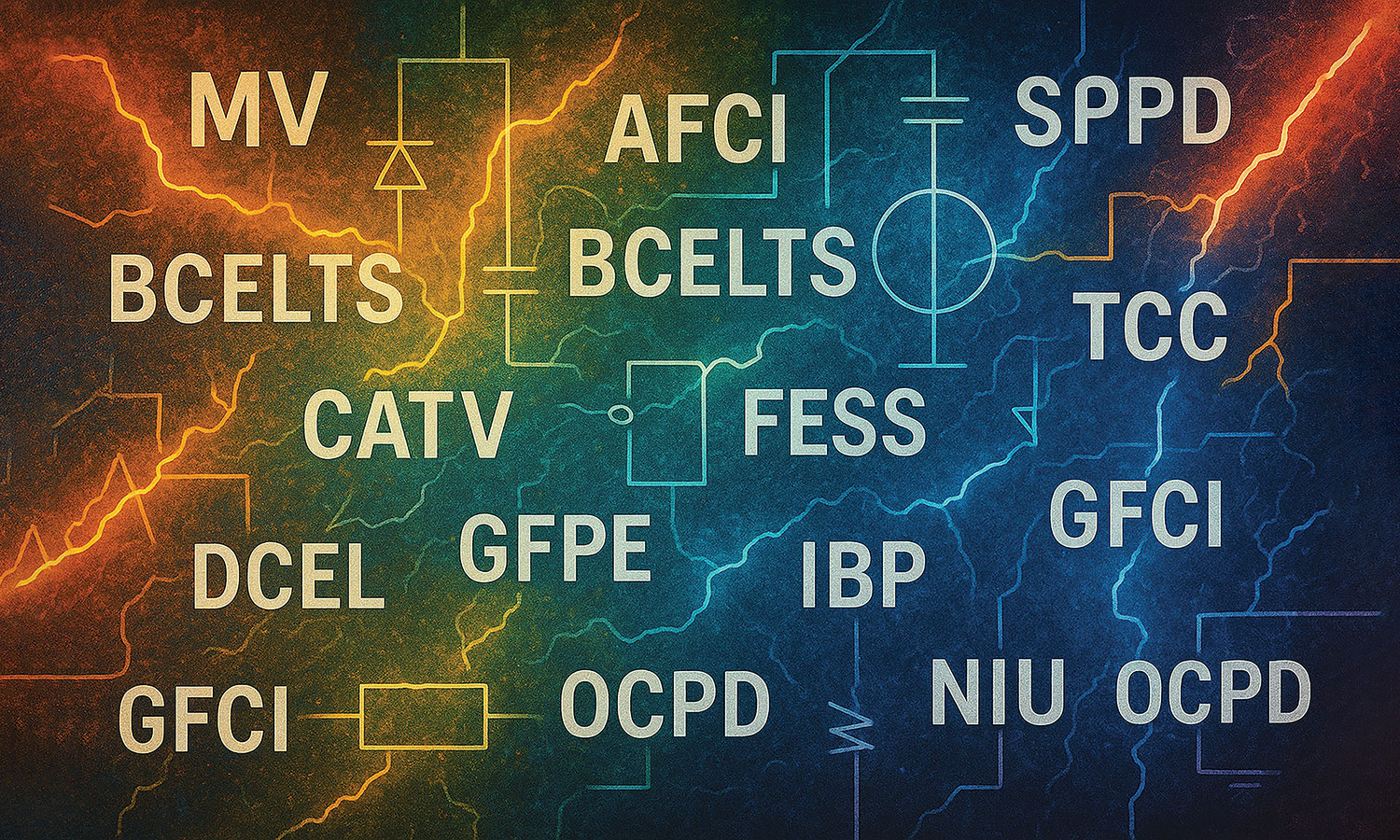






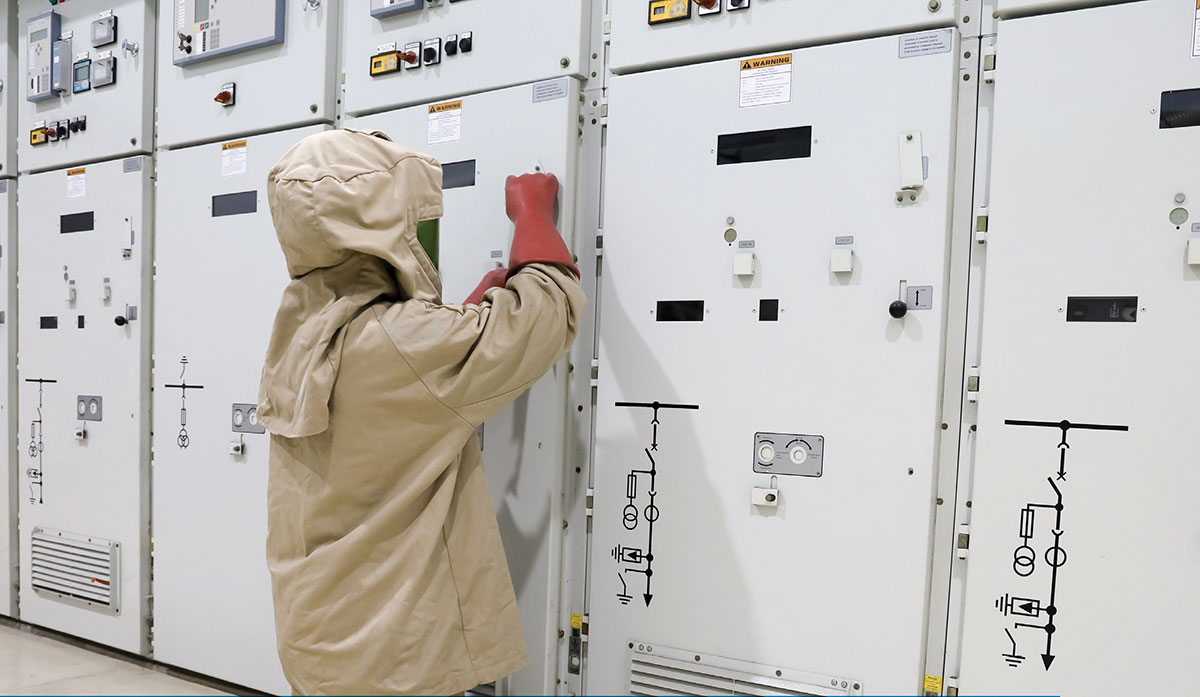
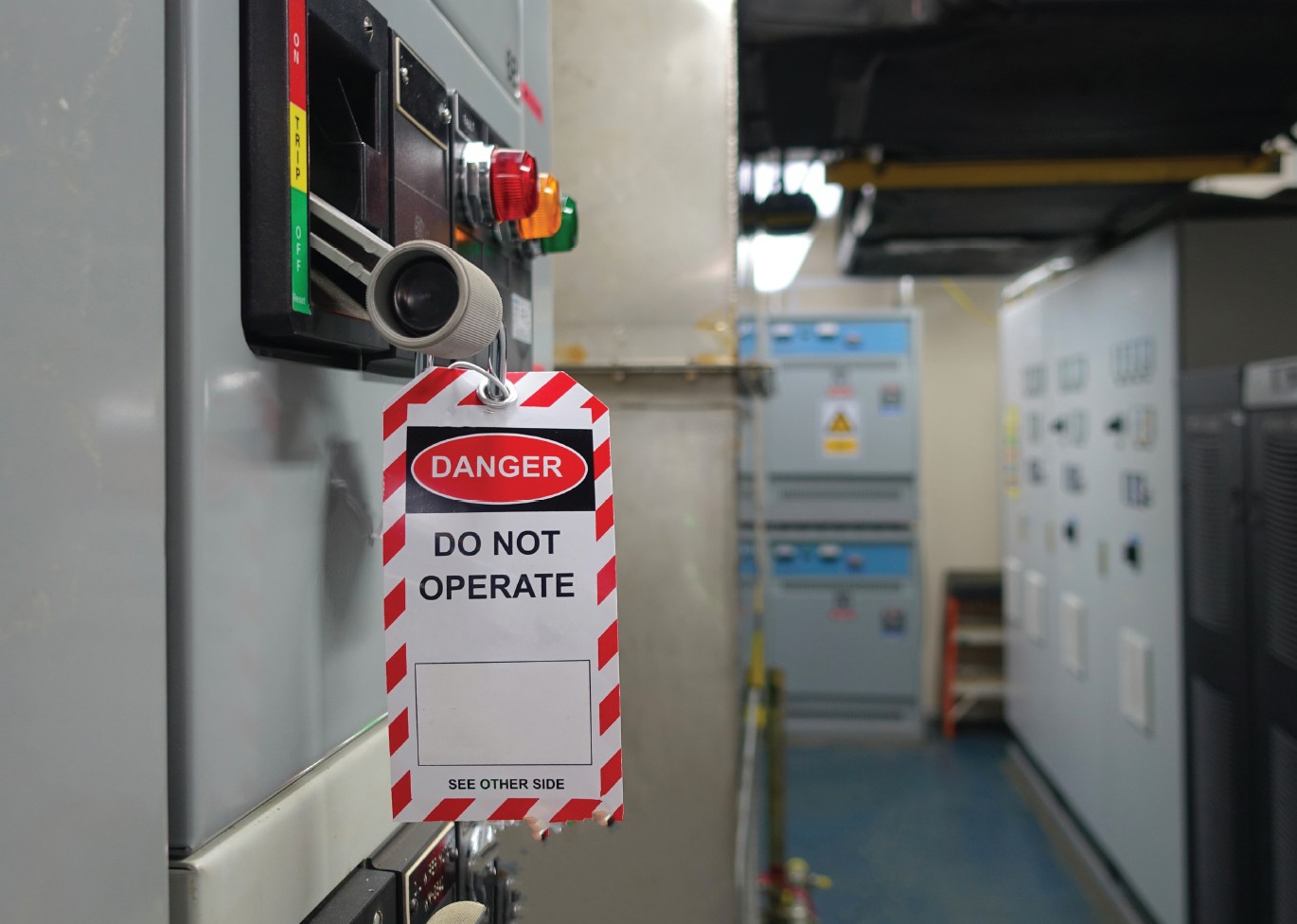

Find Us on Socials